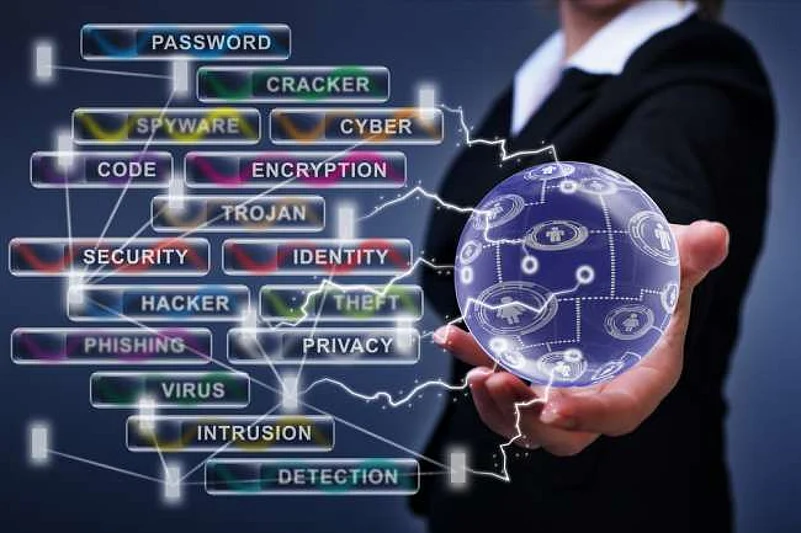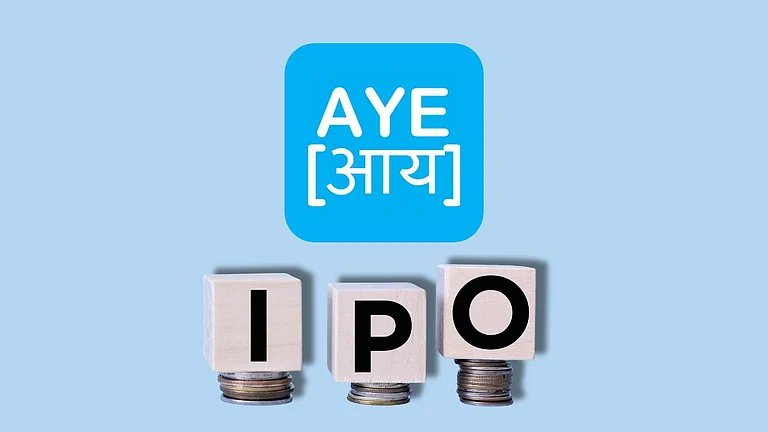It’s Thursday today. It’s the first Thursday of May. Does it ring a bell? Well. It’s actually World Password Day.
Talking of password, in today’s digital world, passwords carry great weightage. They are in fact the key to our financial wealth, security and, therefore, financial well-being.
And it’s not only our banking passwords we are talking of. Even our email id, if compromised could irreparably drain our wealth. That’s because, our email id would be linked to our bank or other financial institutions and any mail sent by a hacker would be construed as having been sent by us.
WHY STRONG PASSWORDS
Passwords are the first line of defence to your critical information. The moment your password is hacked, your information would be out in the hands of the hacker. They will have access to your financial data and they can then pour over it to get a view of your entire financial outlay – your income, spending, investment, and debt.
But that’s the least scary part. If you are into digital transactions in a big way, they will even get to know which taxi service or laundry you use, where from you order your fast food, where your children study and which gym or club you go to, and which organisation you work for which drops in the six digit sum to your account every month.
Certainly not a very nice prospect to think of.
SOME SAFETY TIPS
So, here are ways in which you can keep a strong password
Keep Long And Complex Password: By default, you will be asked to keep a password comprising alpha-numeric password with special characters. In the event, your bank website or email id doesn’t prompt you to keep one and accepts a simple password then do remember the alpha-numeric and character rule. Also, a longer password with 12 characters is difficult to crack compared to an 8-9 character password, according to various studies.
1] So, as a rule, avoid using passwords such as 12345, qwerty, or PASSWORD.
2] Avoid common numbers as your birthday, or your hometown, anniversaries, or house name as password.
3] Avoid using known combination of passwords such as ‘!23f5’. Technically, this satisfies all the requisites of creating a password – alphabets, numbers and characters, but it is easy to break, because it is short.
4] Don’t use phrases like ‘All that glitters is gold’ with slight variations of characters and digits for password. Instead you could write something like A!1th@tGli2103. It’s a 14 word password and you just replaced gold with, say, the date you possibly bought your first gold jewellery or you joined your first job or you bought your first car, or you graduated from B-School. That is something only you will know. These are complex passwords that only you will know.
Do Not Reuse Passwords: Do not reuse passwords for your office mail, personal mail, different bank accounts, and other financial websites.
Make sure they are all different. This will ensure that your data is not compromised in entirety should a breach happen. In the event you repeat your password, then it will not be difficult for a hacker to get access to all your personal and professional accounts.
Use Two-Factor Authentication: As a default, use two-factor authentication for your online transactions. In case, hacker manages to hack into your account, they will also need a personal identification number (PIN) to authenticate a transaction. You can also set a two-factor authentication for logging into your email id. In case someone is attempting to log in to your id and there is a step of two-way authentication, then you will be able to decline the process and alternatively log in and update your username and password.
Avoid Financial Transactions On Unsecured Computers: As a practice, do not carry out financial transactions over unsecured or free WiFi services at airports, rail stations, bus terminals or elsewhere. Avoid financial transactions on computer terminals at Internet cafes.
Disable Password Retention On Browser: Web browsers will usually prompt you to activate the remember the username and password on them. In the event, your computer or laptop gets stolen, hackers will find it easy to log into your account.
So, as a safety precaution, disable the password or username retention on your Web browser setting.
Other Safety Measures: There are other generic measures that you should follow as a practice.
1] Do not store your bank account and card details on external websites or the computer.
2] Always check the website for the SSL security.
3] Limit the transaction amount on your debit cards for online shopping.
4] Do not share your password with anyone.
5] Do not write them on a piece of paper and keep it at a place where it is easy to access.
6] Keep changing your password at regular intervals.
7] Avoid accepting pen drives into your personal computer. They could be infected with malware. Get large files over email or on your drives.
8] Keep your anti-virus updated.













